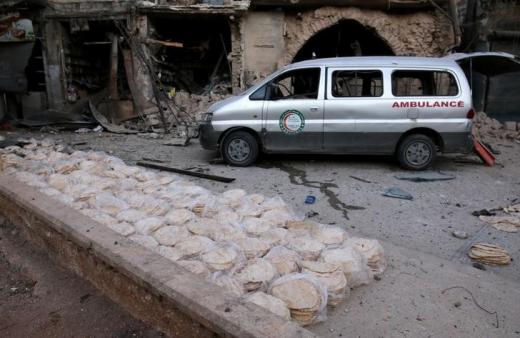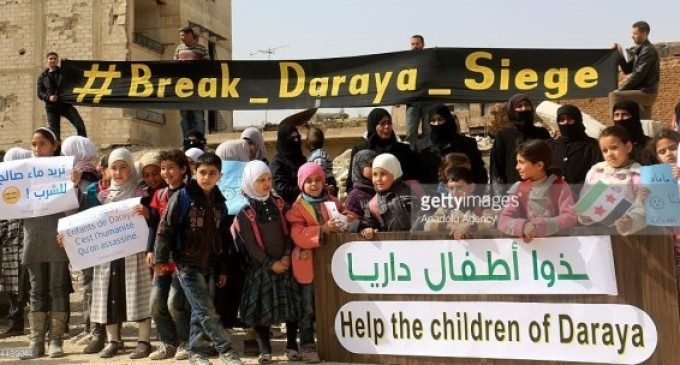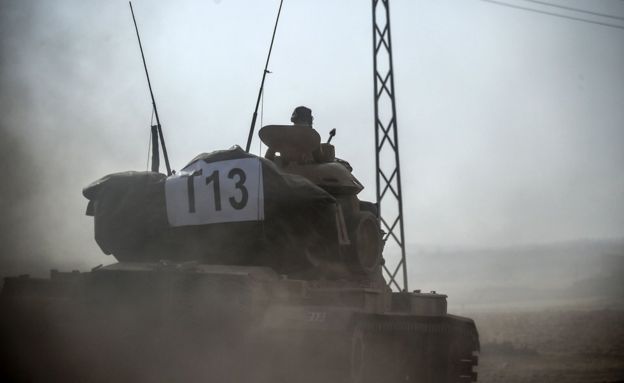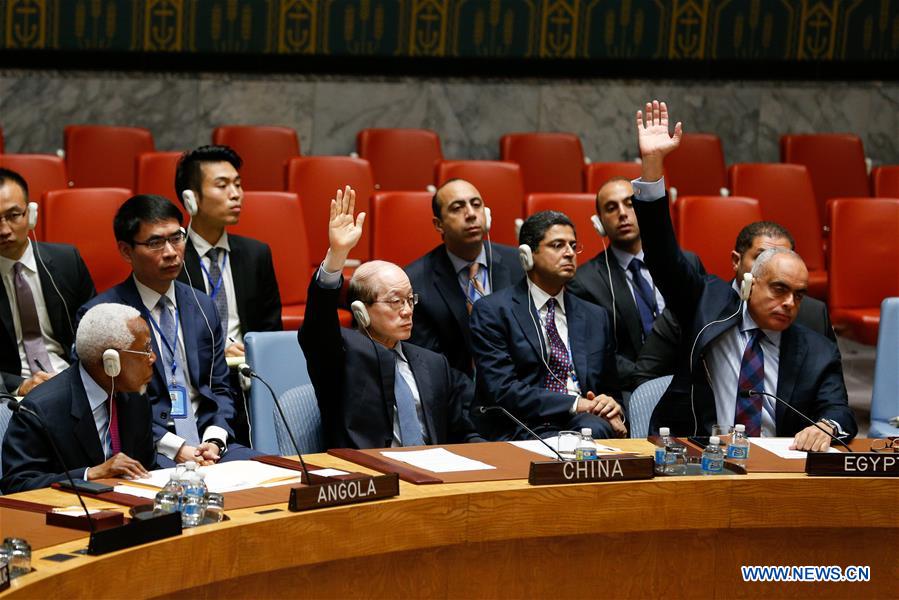
World powers must unite to stop the daily massacres in Aleppo as the collapse of U.S.-Russian peace efforts and increasing violence would be a setback for United Nations operations aimed at saving lives, the top U.N. aid official said on Friday.
Assad regime, backed by Russia, said on Thursday it was starting a new wide offensive to recapture the rebel-held parts of Aleppo after a week-long ceasefire was declared officially over on Monday. the offensive includes a ground assault, artillery bombardment, and intensive airstrikes.
Since 19 September, more than 450 civilians have been killed and more than 1700 injured in rebel-held areas of Aleppo province, including the besieged eastern part of the city, Civil defense workers said.
Stephen O’Brien, the U.N. emergency relief coordinator, said at a minimum, a 48-hour humanitarian pause each week was needed to reach rebel-held eastern Aleppo with food and medical supplies and to evacuate the many wounded.
The humanitarian situation in Aleppo worsened after two hospitals were targeted and 3 of four civil defense centers were destroyed. Only 30 doctors are left for 250.000 civilians in the besieged parts of Aleppo
The United States is close to suspending talks with Russia on a ceasefire in Syria, U.S. Secretary of State John Kerry said on Thursday, as the Kremlin vowed to press on with an assault on the city of Aleppo.
“Any breakdown is going to set us back,” O’Brien said.
“We need to get in (to Aleppo) and we need to find that common will, but in the end, unless the Security Council is united then nothing happens,” he said.
“It behooves all of the parties to put the saving of life and the protection of civilians before everything else.”
“We consider at the very minimum to get humanitarian supplies in and in sufficient quantities we need a weekly 48-hour humanitarian pause,” O’Brien said. “But on the terms, I set out as the U.N.”
The Russian proposal this week for a 48-hour pause would have to comply with U.N. humanitarian principles, he said.
Security guarantees are needed from all sides to use the Castello Road or another route into eastern Aleppo, a besieged area of some 275,000 people, and time given to ensure snipers have left their posts, he said.
U.N. Secretary-General Ban Ki-moon is to announce plans soon for an independent inquiry into an attack on an aid convoy in western Aleppo on Sept. 19 that killed 20 people, O’Brien said.
“We have to have an urgent, swift investigation to make sure we have verified the facts… In terms of who perpetrated it, it must be subjected to evidence and properly investigated,” O’Brien said.
He conceded that it was “extraordinarily difficult” to carry out an investigation in a conflict zone.
“Any investigation which doesn’t give us access on the ground is clearly not going to be in a strong position to establish verified evidence,” he said.
The Assad regime forces, backed by Russian air power, Iranian ground forces and Shi’ite militia fighters from Iran, Iraq, and Lebanon, has been tightening its grip on rebel-held districts of Aleppo this year, and this summer achieved a long-held goal of fully encircling the area.
Recovering full control of the rebels’ last significant urban area would be the most important victory of the war so far for Assad, strengthening his control over Syria’s most populous and strategically important regions.
The Syrian crisis began as a peaceful demonstration against the injustice in Syria. Assad regime used to fire power and violence against the civilians and led to armed resistance. 450.000 Syrians lost their lives in the past five years according to UN estimates, and more than 12 million have lost their homes.



